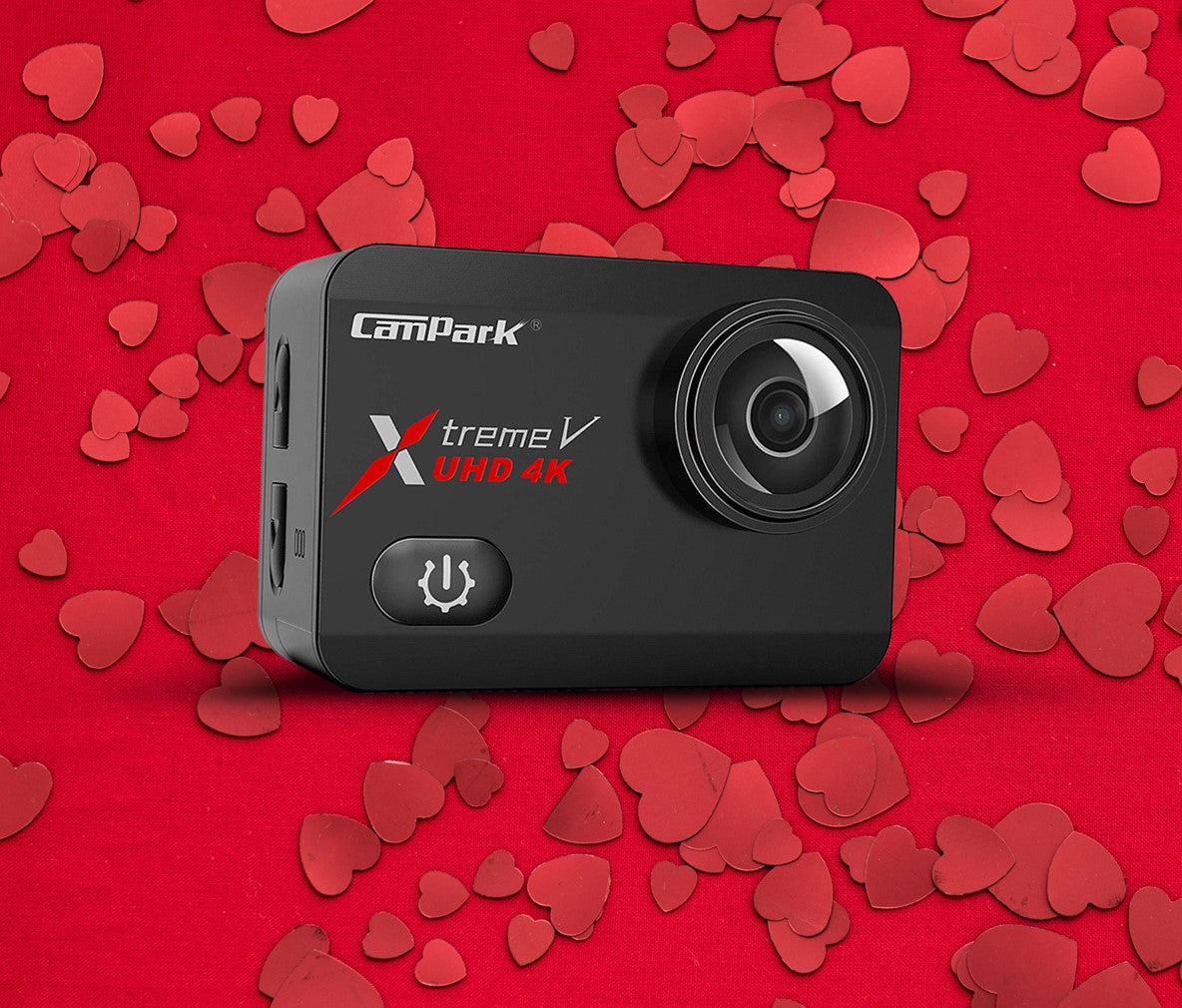Enhancing Your Night Vision: The Ultimate Guide to Night Vision Range
Body
In the world of night vision technology, enhancing your night vision range is crucial for optimal performance. The ability to see clearly and accurately in low-light conditions can make all the difference in various industries such as security, search and rescue, and even recreational activities like hunting and camping. In this ultimate guide to night vision range, we will explore the different factors that contribute to enhancing your night vision capabilities.

The Science Behind Night Vision
Understanding how night vision works is essential to improving its range. Night vision devices, whether they are goggles or scopes, utilize different technologies such as thermal imaging or image intensification to capture and enhance ambient light. By amplifying the available light, the devices allow us to see in the dark.
Factors Affecting Night Vision Range
Several factors come into play when it comes to determining the range of your night vision. These include:
- Ambient Light: The amount of ambient light available greatly impacts the range of your night vision. The more light there is, the clearer and farther you will be able to see.
- Optical Quality: The quality of the optics in your night vision device plays a significant role in its range. High-quality lenses and coatings can improve clarity and minimize distortion.
- Infrared Capability: Some night vision devices have built-in infrared illuminators that emit infrared light, further improving visibility in complete darkness.
- Sensor Sensitivity: The sensitivity of the sensor used in the night vision device affects its ability to capture and amplify light. Higher sensitivity sensors can provide a greater range.
Techniques for Enhancing Night Vision Range
In addition to understanding the factors that affect night vision range, there are various techniques you can employ to enhance your night vision capabilities:
- Proper Adjustment: Ensuring that your night vision device is properly adjusted and calibrated is essential for maximizing its range. This includes adjusting focus, brightness, and other settings to suit the conditions.
- Optimize Ambient Light: Taking advantage of available ambient light sources can significantly enhance your night vision range. Positioning yourself in areas with higher light levels or using additional light sources can make a difference.
- Utilize Infrared Illuminators: If your night vision device has infrared capability, utilizing the built-in illuminator can extend your range in complete darkness.
- Regular Maintenance: Keeping your night vision device clean and properly maintained ensures optimum performance. Regularly cleaning lenses, checking for any damage, and replacing batteries when needed will help maintain its range.
Enhancing your night vision range can be the key to success in low-light environments. By understanding the science behind night vision, identifying the factors that affect range, and using the right techniques, you can push the boundaries of your night vision capabilities.











Comments